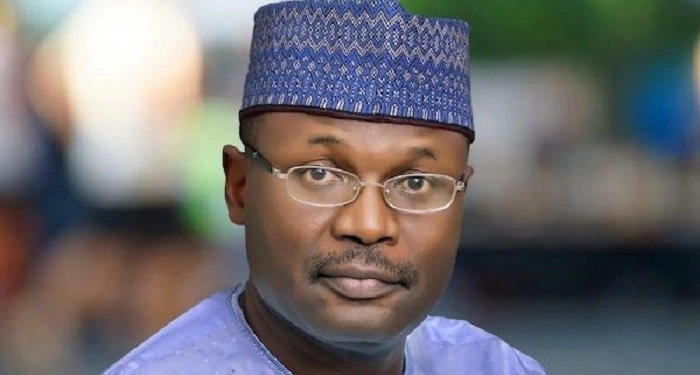The Independent National Electoral Commission (INEC) stated that it has established a Logistics Management System, which uses an android application and web dashboard to track election materials procurement through storage to delivery.
This was disclosed by INEC Chairman, Prof. Mahmood Yakubu, in Chatham House, on Tuesday in London, explaining INEC is better prepared for this year’s elections.
He added Logistics has been a challenge for INEC and he is determined to solve the challenge.
Management System: Prof Yakubu stated that despite Logistic being a challenge, INEC is better prepared with the launch of a technology system to track sensitive materials, which include ballots and result forms, He said:
- “Logistics has often been a major Achilles heel of elections in Nigeria. We are determined to solve the challenge.
- “We have established a Logistics Management System, which uses an android application and web dashboard to track election materials from procurement through storage to delivery.
Logistics Framework: He also added that INEC has set up a Logistic Framework, which would be set up for the first time an end-to-end system.
- “For the first time, we have a comprehensive Election Logistics Framework (ELF) to guide logistics for the general elections from planning, through deployment to retrieval.
- “This is the first deployment of an end-to-end logistics framework for elections.
On other logistics-related progress, the INEC chief noted that has signed a Memorandum of Understanding (MoU) with the umbrella bodies of road transport and marine unions in preparation for the elections.
Yakubu also urged that INEC has learnt from some of its experiences in 2019, particularly the postponement of that election a few hours before it commenced. The lessons include early preparations for adequate planning, resourcing, and testing of its systems as well as the early choice of election management tools, especially the main election technology.
On diaspora voting, he said, he said it could not be implemented now, adding that both the 1999 Constitution and the 2022 Electoral Act provide that voters can only be registered and vote within the country.
- “The Commission hopes that these legal obstacles will be cleared at some point to enable Nigerians in the diaspora to vote in elections.”














